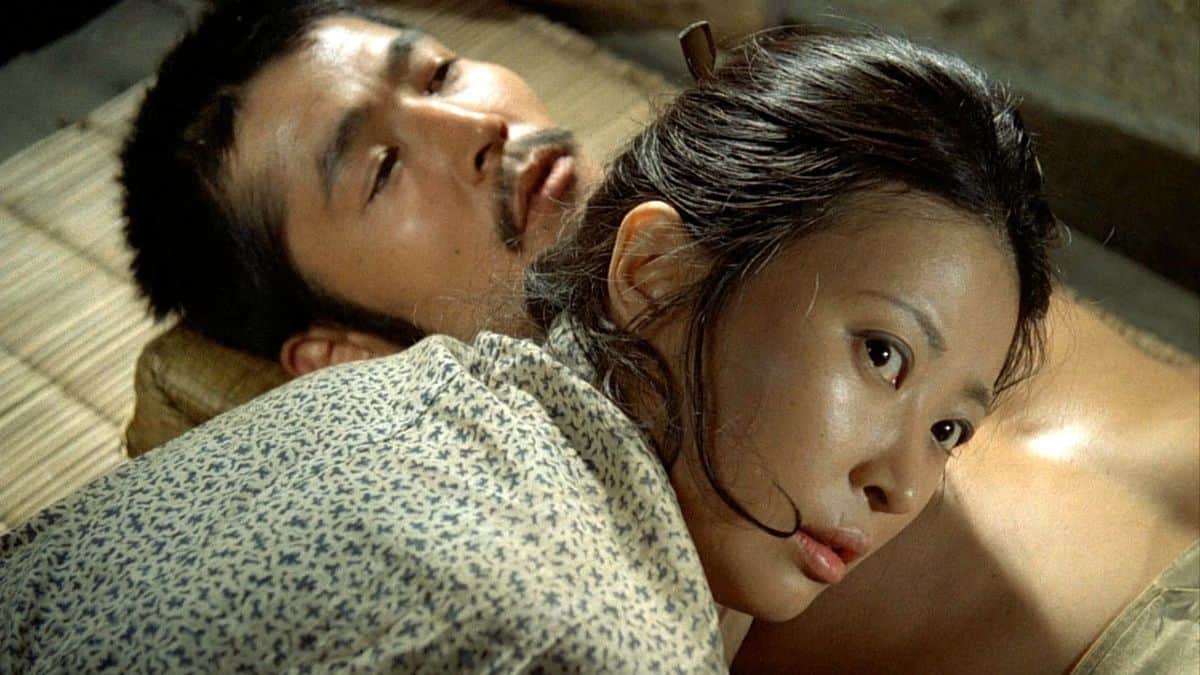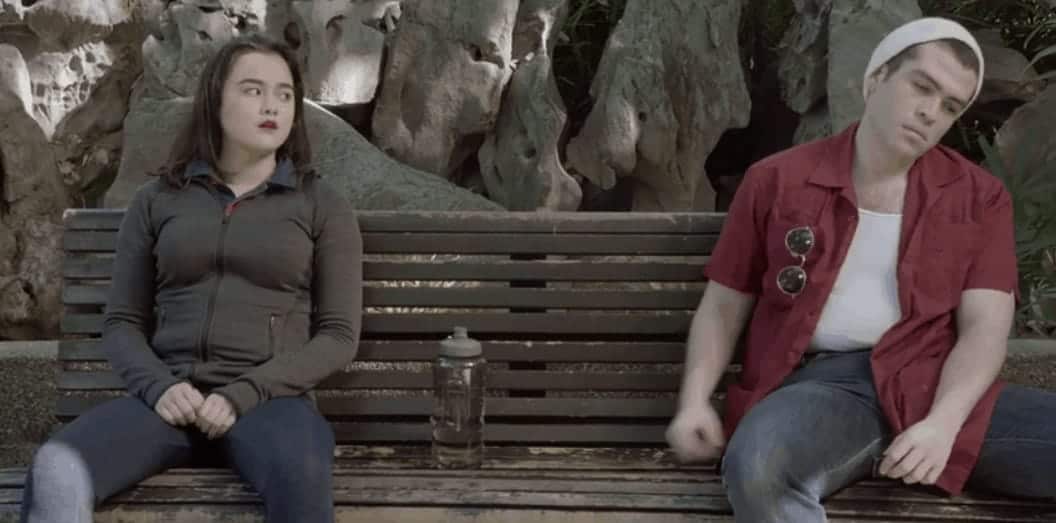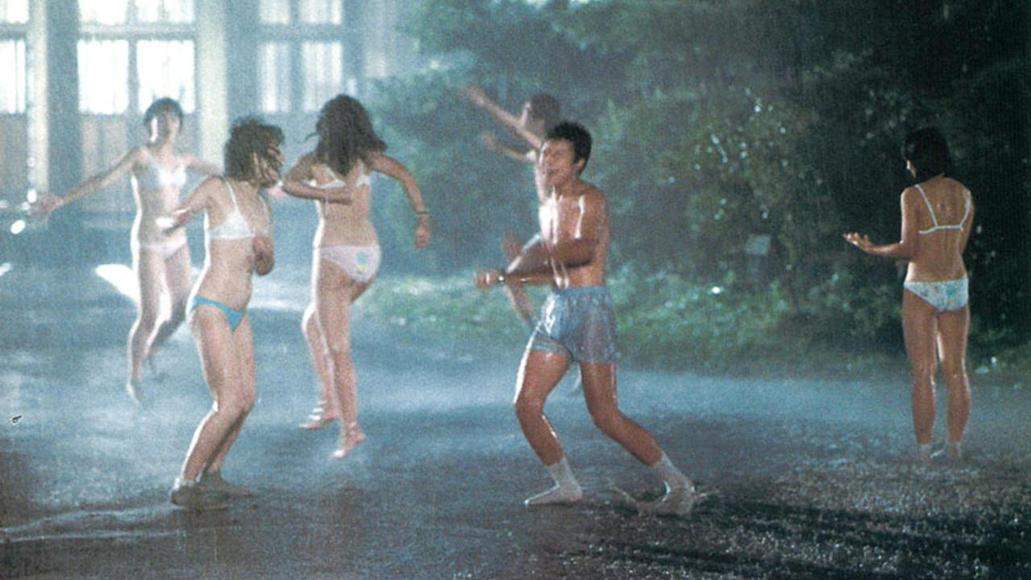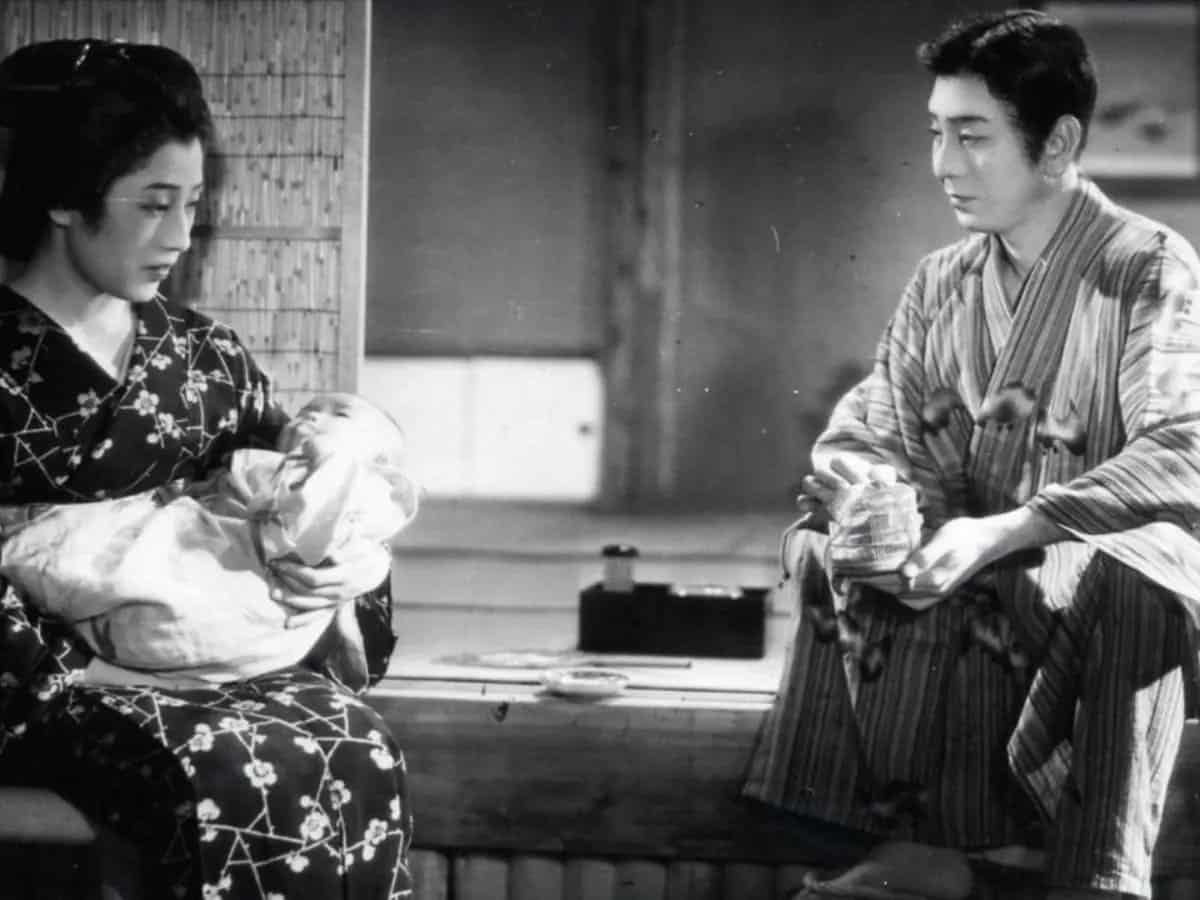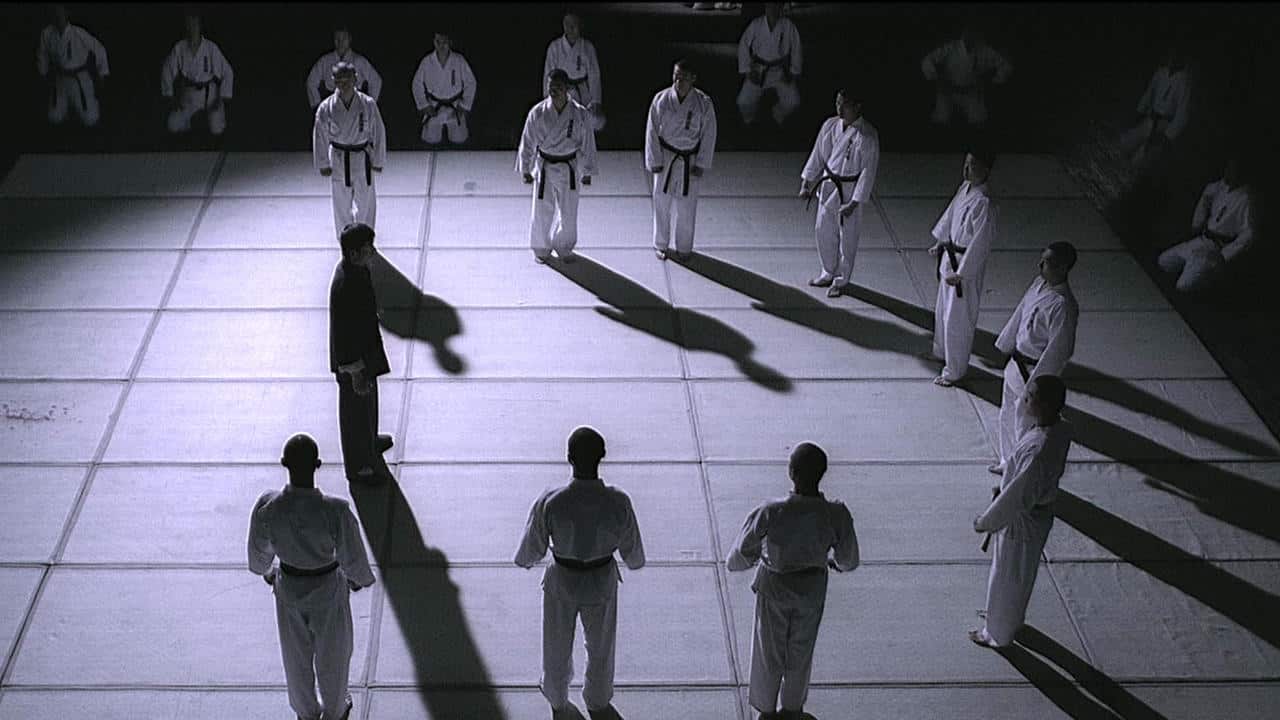“You have to downgrade a bit.”
In Japanese society, giving an elderly family member into the hands of a nursing home is still seen as a social stigma by many. Even though taking care of them at home requires time and a lot of work for many, while still trying to manage a job and a family life, having a family member in a nursing home is something of a taboo, a sign of failure and betrayal. In his short documentary “The Waiting Room” director and journalist Cheng Herng Shinn takes a look inside the routine of a nursing home and its residents.
“The Waiting Room” is screening at
Festival International des Cinémas d'Asie de Vesoul

At the center of the film, Shinn focuses the attention of his camera to John, a 69-year-old resident of a nursing home in Tokyo, while we witness the daily routine of the facility, starting from breakfast and physical exercise to the occasional celebrations on public holidays and the residents' birthdays. In interviews with John and his conversations with others, we also get to know about his family, his past life as well as his thoughts about his new life inside the nursing home.
At first glance, “The Waiting Room” may support those skeptical of nursing homes. Besides John's statements about the constant boredom and his feelings of loneliness, the images of dark corridors, of the rather crowded, hospital-like rooms filled with the moans and sometimes screams of the residents, will likely emphasize those criticisms. In fact, the central metaphor for the nursing home being more of a waiting room for elders to die, is coined by John himself in a conversation with two nurses.

However, Cheng Herng Shinn's is far from being one-sided. Although the impression of the setting may be grim at first, as the movie progresses, the images changes quite a bit. Without diving into a socio-political approach to the subject, the concept of the nursing home may be an important challenge for Japanese society. As the opening of the film states, when a society becomes older while still aiming to maintain a certain (economic) agenda, they way of thinking needs to change which goes along with providing trained staff, facilities and equipment for the nursing home in order to operate more efficiently.
Ultimately, the dilemma is presented by people like John. As the movie becomes more focused on him, the tone changes somewhat, becomes more personal and intimate. Even though his story is one of many, it shows the kind of neglect and isolation that goes along with the simple act of forgetting a whole part of society, in this case the older generation. Obviously, John has had his fair share of vices in the past as well as arguments with his family over them, but being left in a new space bearing no or little connection to his former life, he has lost his sense of purpose and drive. However, in the end, his story will have a few surprises for the viewer (which shall not be spoiled here).

“The Waiting Room” is an interesting, touching and uncomfortable film. Shinn poses questions about the way we treat our elders; how it reveals something about us as a society and as human beings. In John he has found a flawed, and because of that, likable person, a man who has come to terms with his past life, who tries to redeem some of it and who looks at the new stage in his life, its possibilities and its negative aspects.



